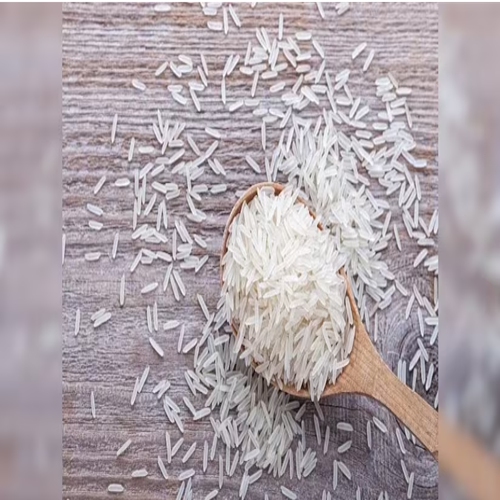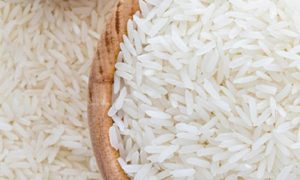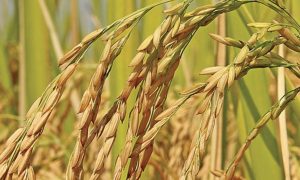Scientist gets encouraging results from rice ratoon experiments

Bangladeshi scientist Dr. Abed Chaudhury introduces Panchabrihi rice, yielding five harvests annually. Genofax co-founder unveils promising results at Dhaka University talk. High productivity and blast resistance noted. Event attended by academics, officials, and scientists.
Traditionally in rural Bangladesh there has been a farming practice called – ratoon – by which farmers could reap two harvests from the same cropping season by producing a second crop from the original stubble. First they would reap a reasonably good volume of grains and then after giving a respite, farmers would potentially reap another harvest, albeit low in volume.
Given the pressures on limited land resources from competing crops in different seasons, farmers’ practice of ratoon farming has long gone now.
But an internationally acclaimed Bangladeshi scientist kept toying with the idea of developing multi-harvest rice that would yield grains five times a year with farmers not requiring to till the lands again and again and not needing to plant rice more than once in a year.
Giving a talk on his ongoing research on Panchabrihi (multi-harvest rice) at Dhaka University on Wednesday, Dr Abed Chaudhury said he has observed good results of the rice varieties they developed – those gave five harvests a year from the same plants as experimented in Moulvibazar’s Kulaura.
Dr Chaudhury, co-founder Genofax, a global company in digital health, and a Visiting Scientist of Dhaka University’s Centre for Advanced Research in Sciences (CARS), said his experiment carried out in farmlands in his native village gave encouraging results where farmers could gain grains five times a year from the same rice plants.
“We’ve completed sequencing the genomes of four of the rice varieties to further study what traits giving those the edge over others in yielding grains again and again,” said Dr Abed Chaudhury.
Scientists, academics and students present at the talk held at CARS seminar room, expressed keen interest in the ratoon techniques but at the same time raised various questions on productivity, tenability of such rice varieties amidst seasonal variations of rains and temperatures in Bangladesh.
Dr Chaudhury said in his experiment plots Panchabrihi has already been proven as highly productive with 20 to 25 tons of yield potential per hectare a year. He also said that during blast affect in rice fields, rice in his plots remained unaffected whereas the rice in neighboring plots got damaged by blast.
Dhaka University Pro-Vice Chancellor Prof Sitesh C Bachar addressed the event as chief guest with the CARS Director Prof Dr Ishtiaque M. Syed conducting the session.
Shafiul Alam Chowdhury Nadel, MP, and former education secretary NI Khan also spoke at the program.
Source Link: https://www.dhakatribune.com/bangladesh/agriculture/344800/scientist-gets-encouraging-results-from-rice















